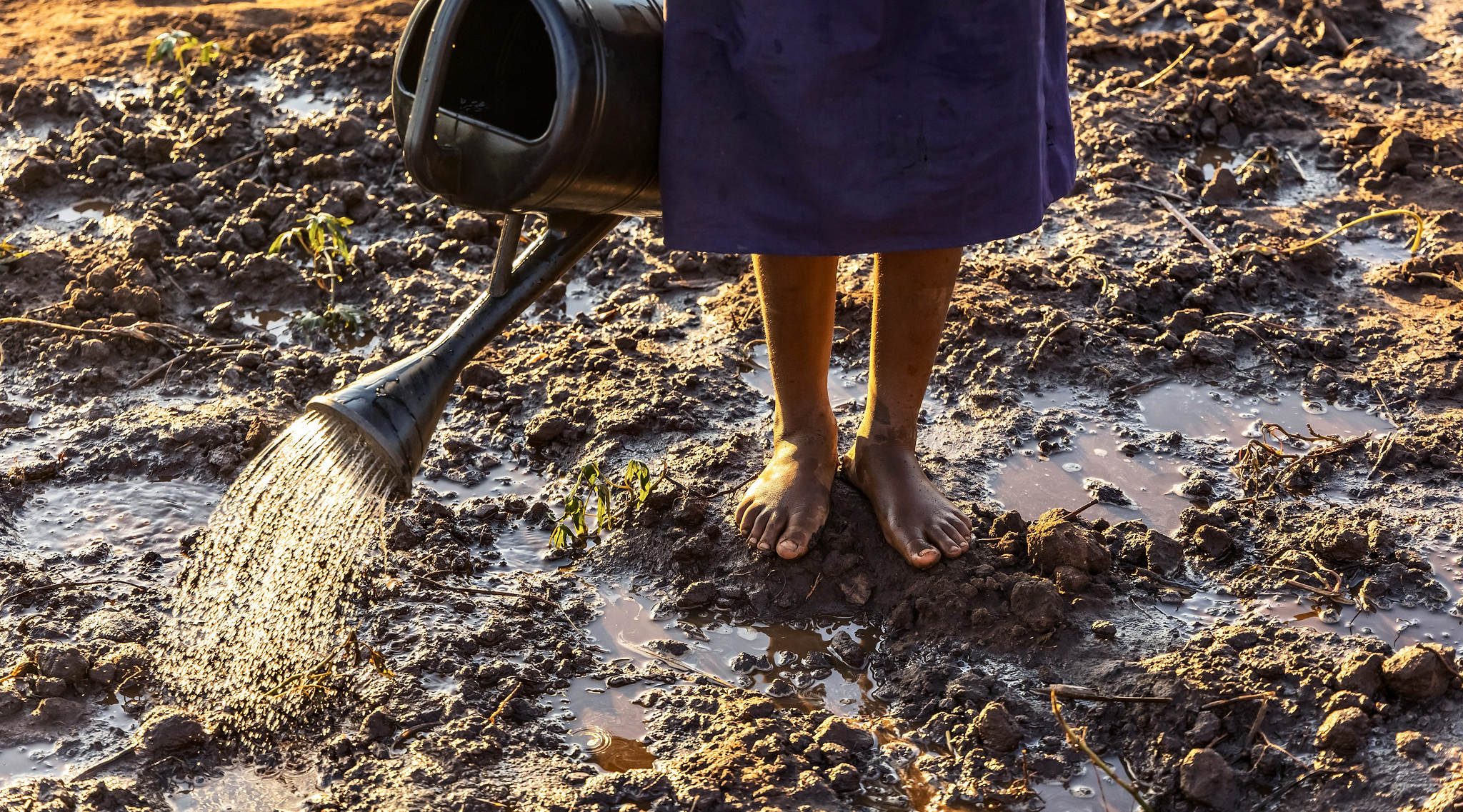

Health & Nutrition
On the road to save lives: Mobile health clinics in Mozambique

60% of Mozambique’s population live in rural areas and face significant disparities when accessing health services.

According to the World Health Organization, there is less than one doctor for every 10,000 Mozambicans, a figure which exacerbates the barriers of distance and cost that rural Mozambicans face when seeking medical care.

Cabo Delgado has also been the site of an insurgency since 2017. The conflict has brought about new health risks and has left many displaced and vulnerable, especially women and girls.
Mobile health clinics, equipped with healthcare professionals, diagnostic equipment, and essential medications, are helping to transform the landscape of healthcare.
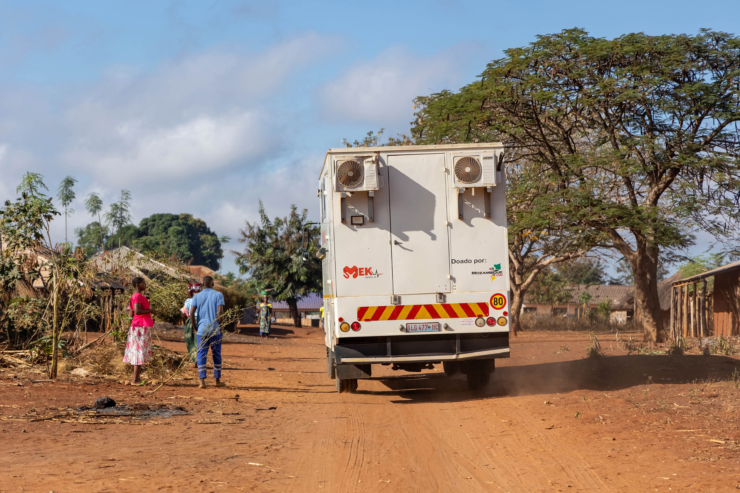
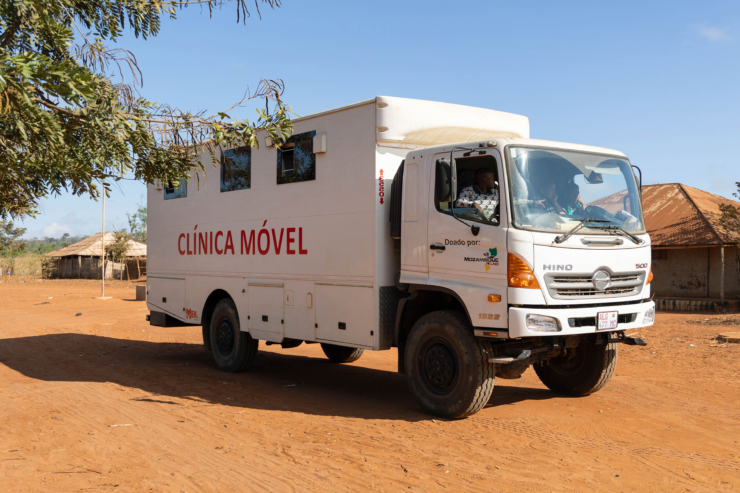
These clinics are often housed in modified vehicles that can navigate the tricky terrain, and regularly travel to rural villages so that everyone can get the care they need.

Mobile clinics offer primary care, consultations, preventative care, disease management, and referrals, and are vital tools for health education and awareness.

The clinics also provide maternal, prenatal, and neonatal care, which is essential for places like Cabo Delgado, where maternal and child mortality rates are some of the highest in the country.
Argentina, a 32-year-old maternal and child nurse, works at a rural hospital in Montepuez and often goes on the road with the mobile health clinic.
"The objective of the mobile [health] brigade is to take the hospital to the community, where there is the person who needs it the most and doesn’t have the opportunity to come to the health unit."Argentina – maternal and child nurse


The mobile health clinic she works at also focuses on sexual and reproductive health, providing crucial information about gender issues to communities, with a focus on young people.
"We talk about violence, sexual and reproductive health, we talk about the laws about premature unions… We help the community to change their behaviours."Argentina – maternal and child nurse

This particular clinic also has a referral system for gender-based violence interventions, which Argentina oversees.
For Argentina, supporting survivors is one of the most rewarding parts of her job.
"My job is related to doing justice, giving psychosocial support, strengthening and helping the person bring themselves back… I feel really happy because I am making a difference in that person’s life."Argentina – maternal and child nurse

“The number of [GBV] case notifications are increasing. It means that the information has reached the community,” said Dr. Ilunga, the chief doctor of the Montepuez district.
"Sometimes the neighbour comes to report, sometimes the woman comes to report, sometimes even the relatives come to report. But before, that didn’t happen."Dr. Ilunga – chief doctor in Montepuez
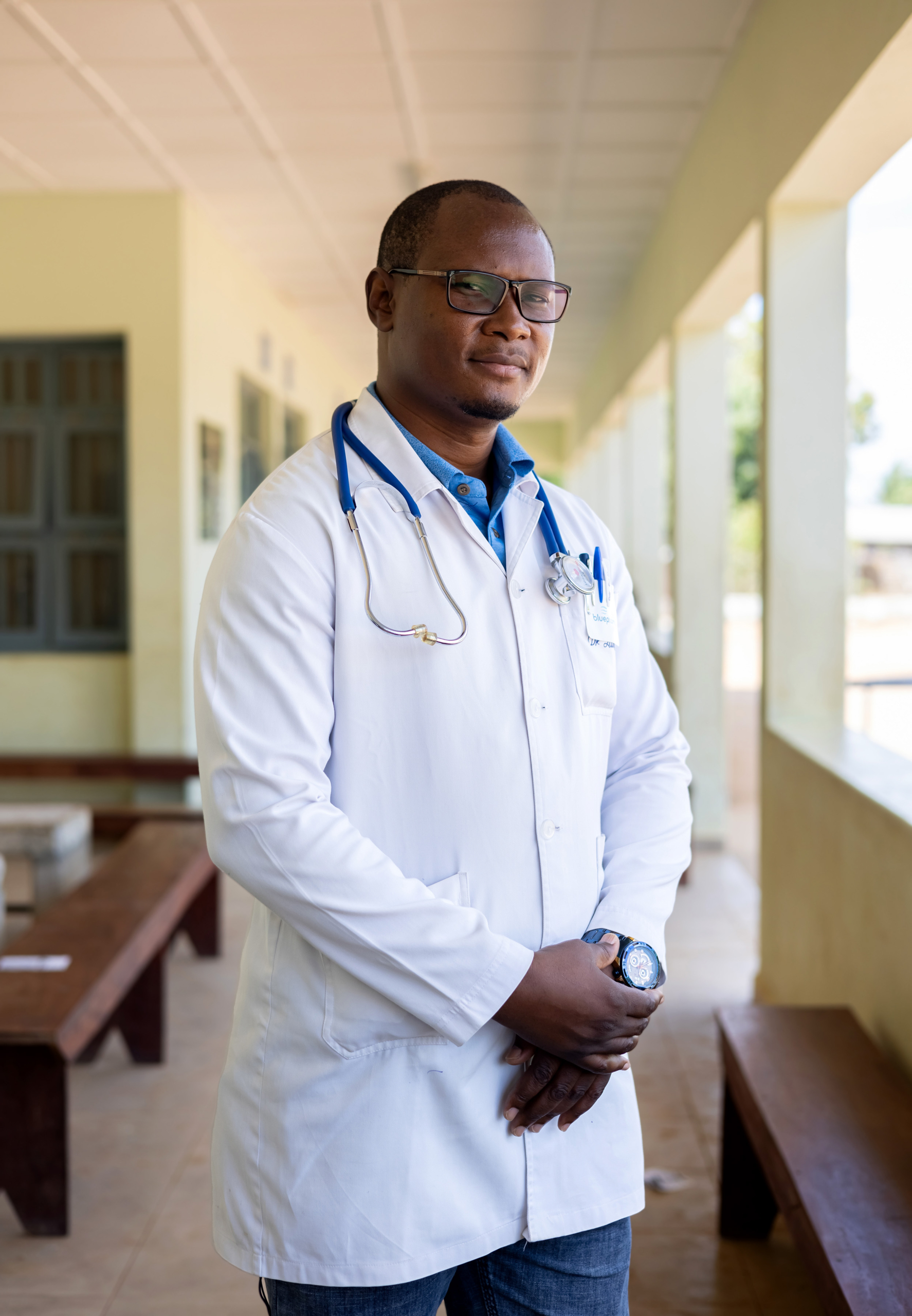
By bringing health care directly to communities, mobile health clinics are reducing healthcare disparities between urban and rural areas, and strengthening health education to build a more equitable, sustainable, and resilient healthcare system in Mozambique.
With support from Canada, leaders like Nurse Argentina and Dr. Ilunga are working to improve the sexual and reproductive health and rights of some of the most vulnerable in Cabo Delgado, Mozambique.
Learn more about mobile health clinics in this video
Photo credit: Rich Townsend / Aga Khan Foundation Canada

Related News & Stories

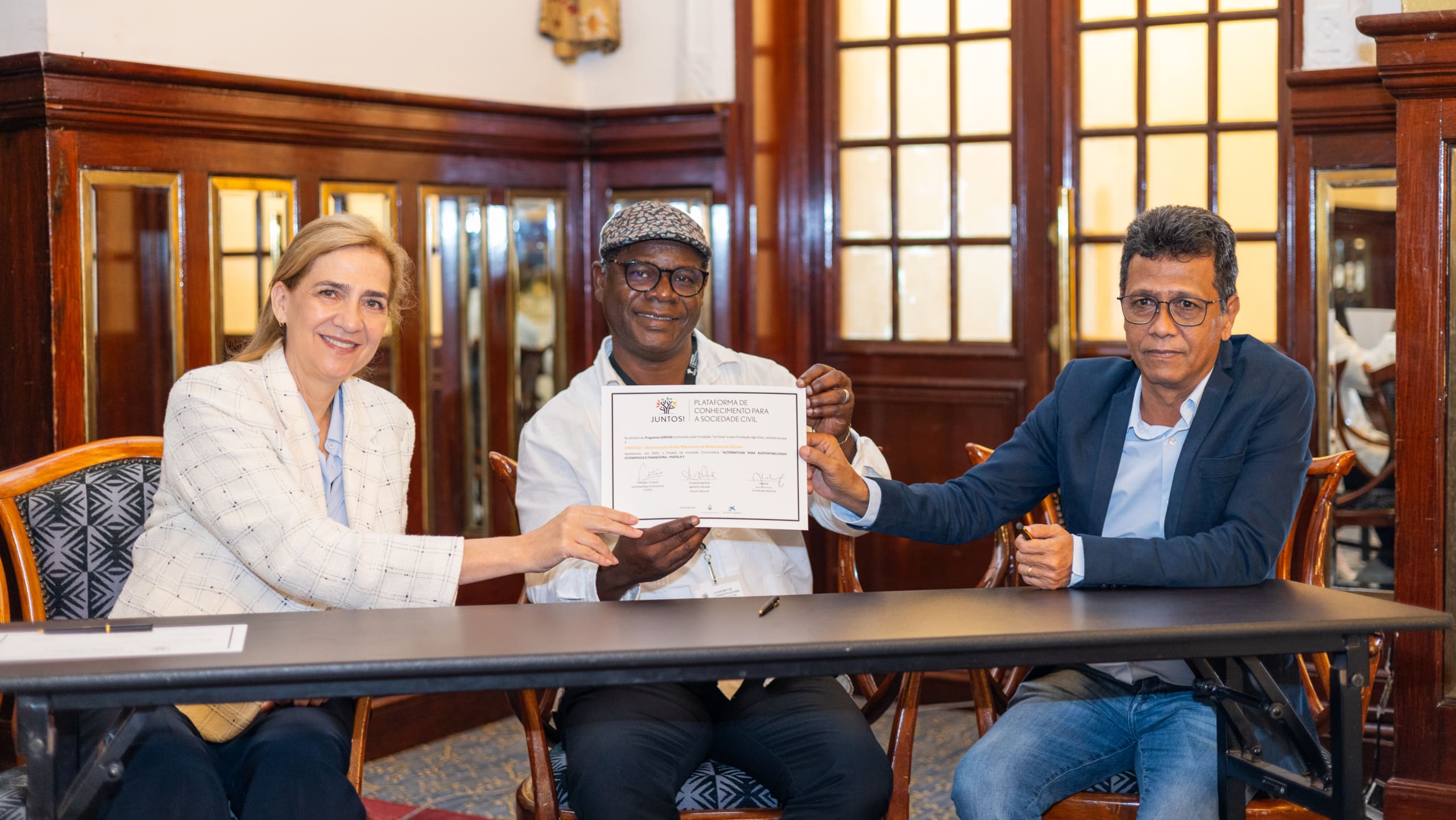
Celebrating community-led innovation: AKF and the ”la Caixa” Foundation award grants to 10 Mozambican CSOs under JUNTOS! initiative
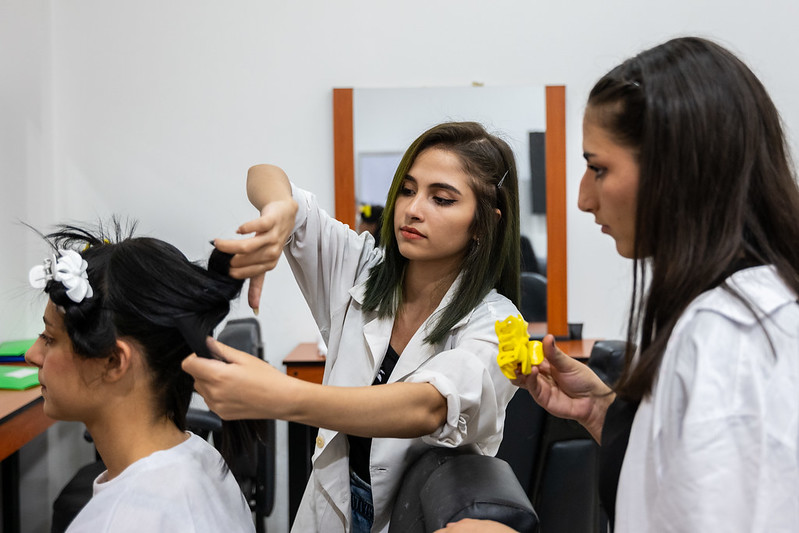
A cut above: Meet Areej
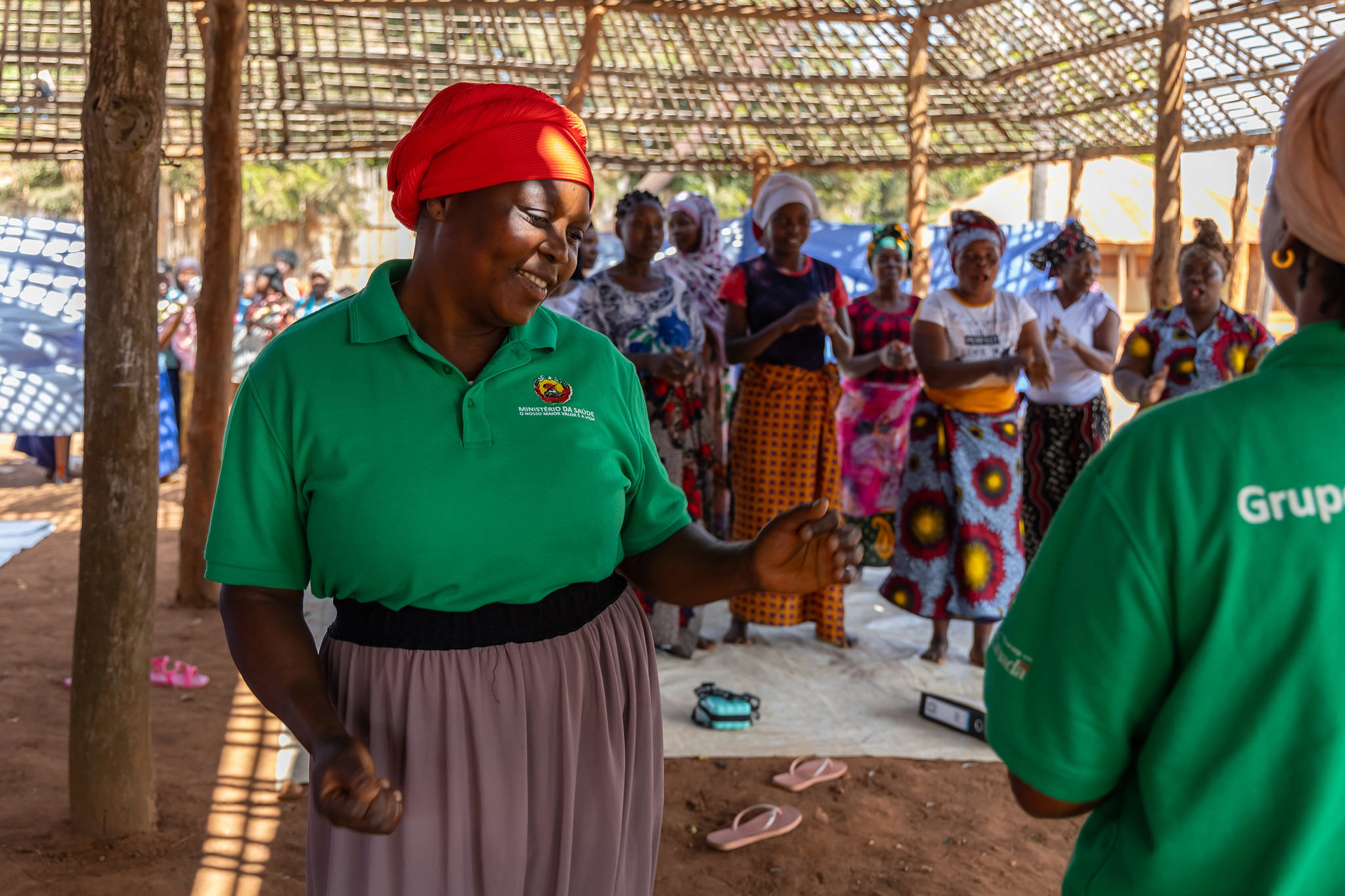
Ripples of change: Women’s change groups in Mozambique
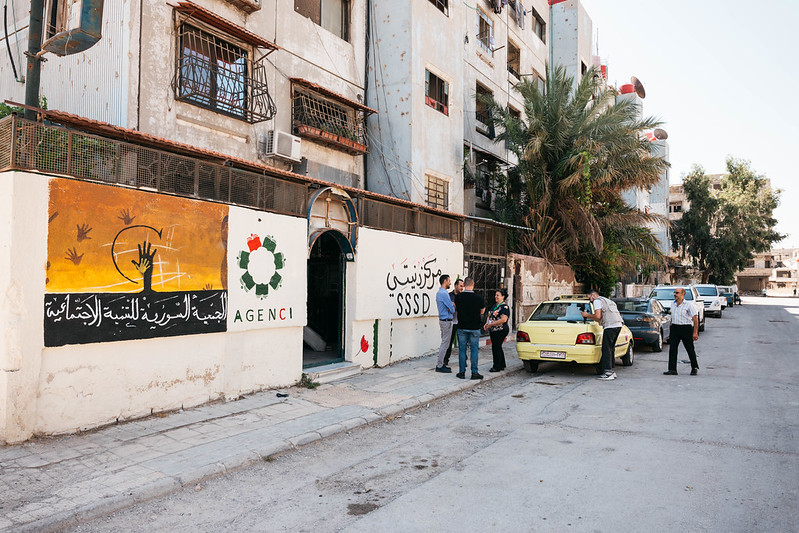
Back to school: Meet Sedrat
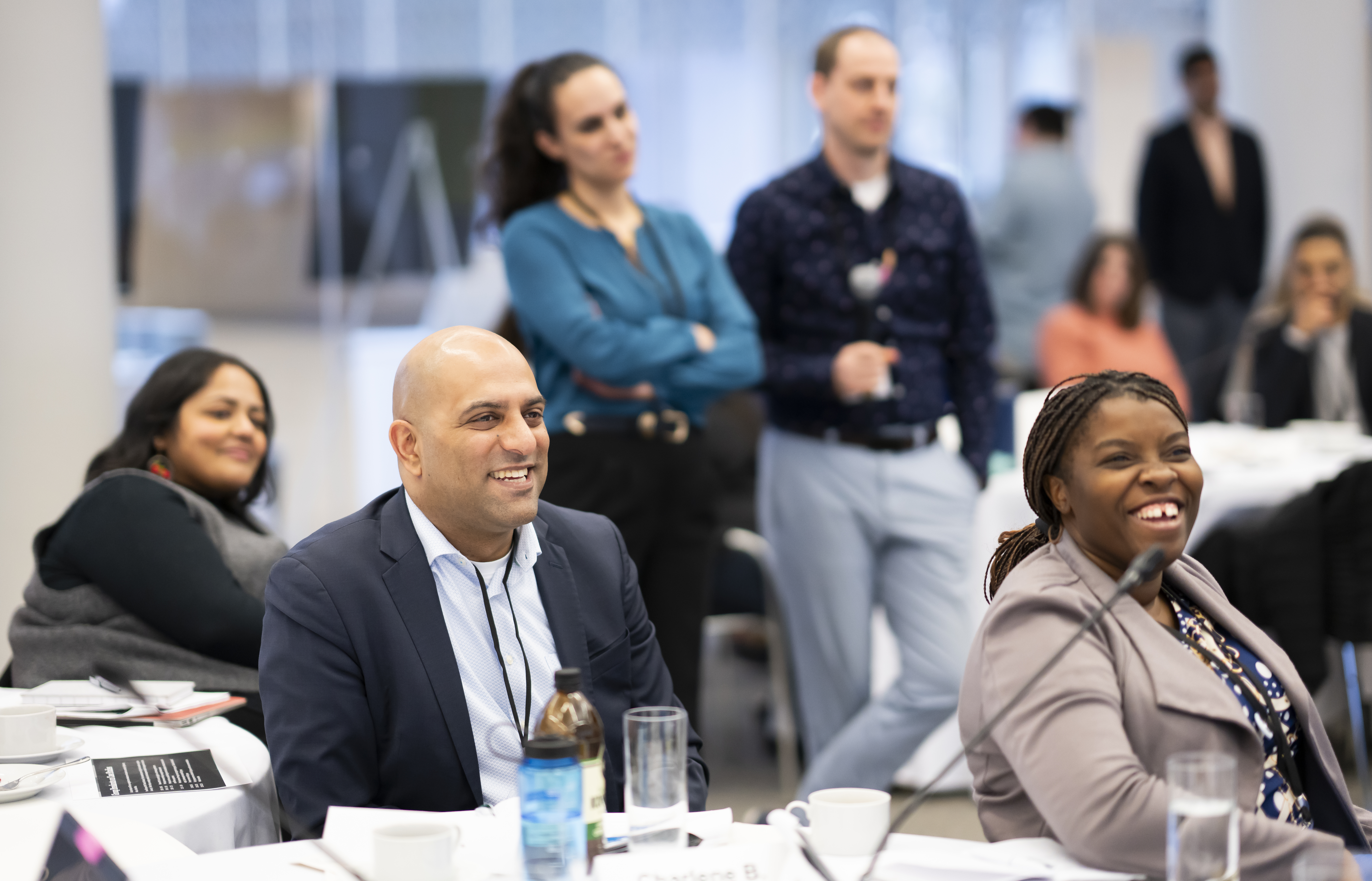
The Aga Khan Foundation Canada’s Global Leadership Program
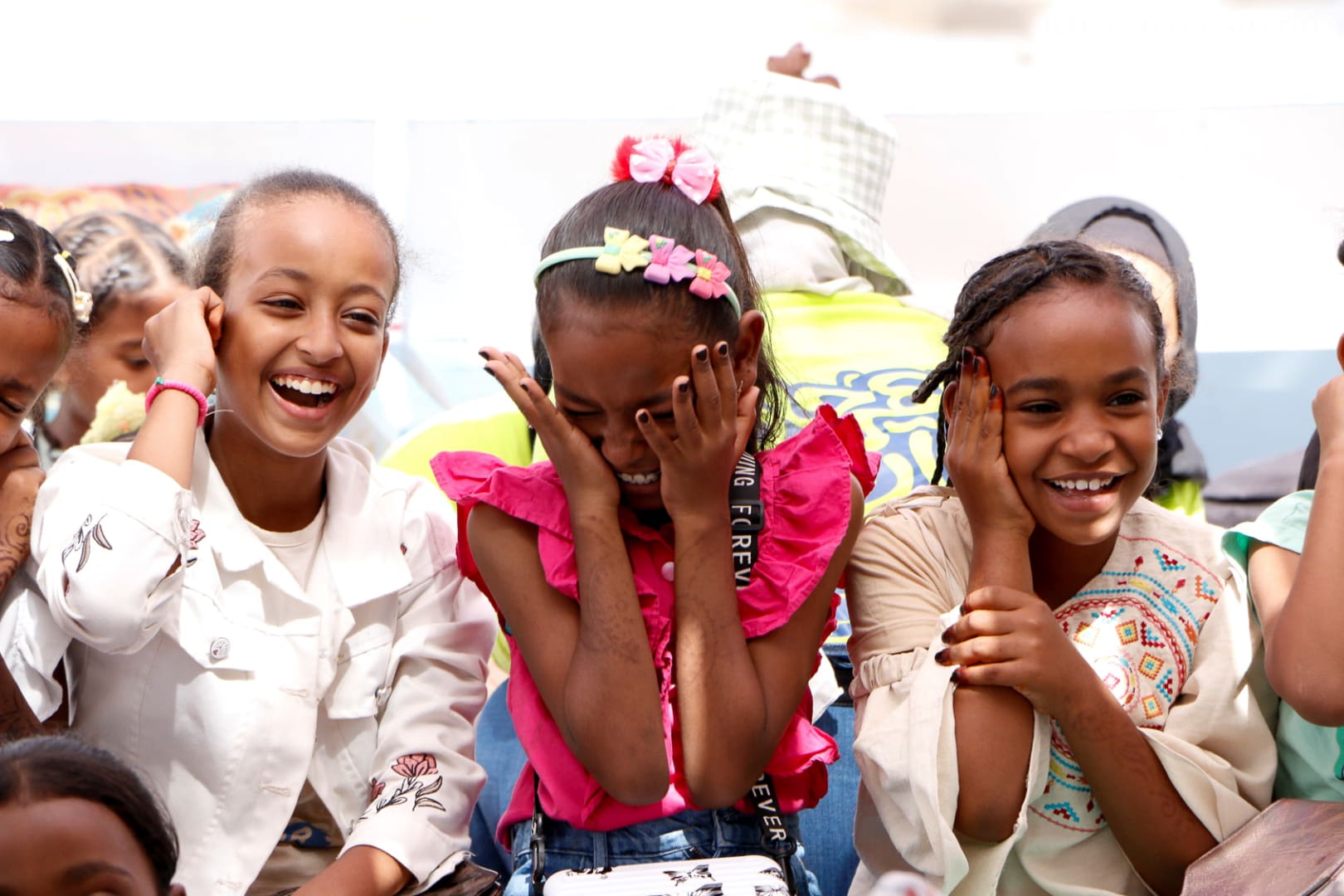
Support our work Your donations are helping us build a future where we all thrive together.